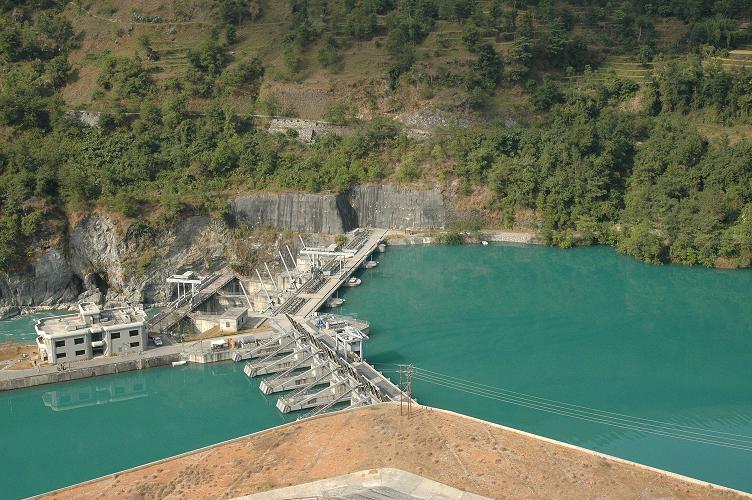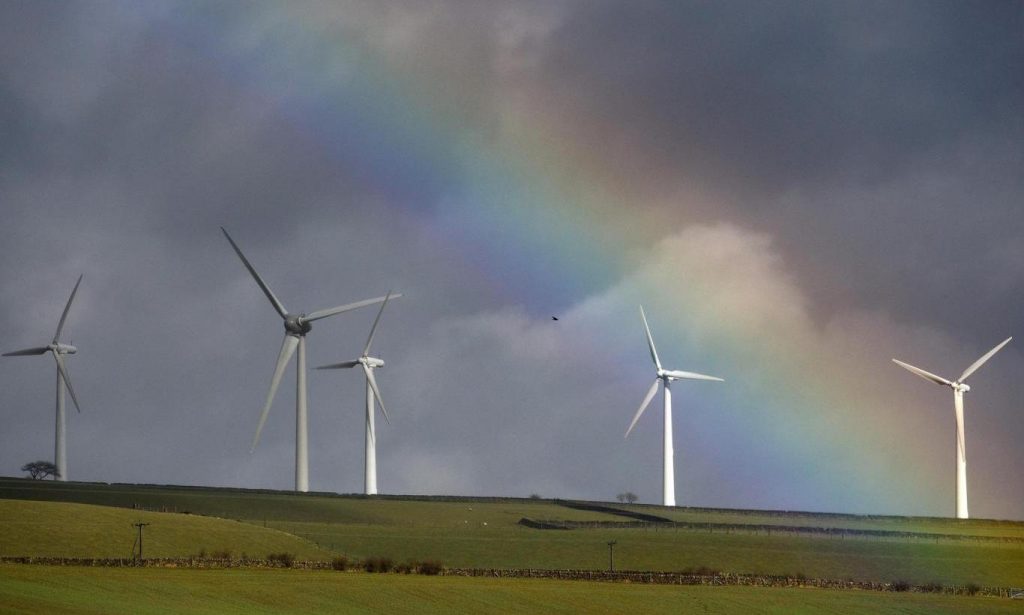Reforming Energy Financing to Hasten Energy Access
- Nature Khabar


Poor families in developing countries like Nepal are being denied access to basic technology and services by financial systems which fail to bring them modern energy.
The report "Poor People's Energy Outlook (PPEO) 2017" was released by global development charity Practical Action in the capital city, which stressed on the need of national financing on energy sector.
The new PPEO report considers how to best finance national integrated energy access plans based on analysis of the markets and consultations with energy-poor communities.
Paul Smith Lomas, CEO of Practical Action said, "A key part of the energy story of tomorrow is the importance of bottom-up approach."
Prof. Dr. Govinda Nepal, Former Member, NPC; Prof. Dr. Ram Manohar Shrestha, Emeritus Professor, Asian Institute of Technology and Dr. Indira Shakya, Independent Gender and Energy Expert were commentators of PPEO 2017. Dr. Nepal highlighted the need of energy finances in the demand driven approach.
Meanwhile based on his review, Dr. Shrestha commented on the book saying, "Traditional energy planning does not consider affordability of poor people and ignores role of demand side."
Similarly, Dr. Shakya highlighted the need of gender mainstreaming in energy financing in Nepal.
Mr. Ram Prasad Dhital, Executive Director, AEPC attended the event as guest while representatives from government and non-government organisations, development partners and media participated in the event.
Currently, 4.3 million people globally every year – mainly poor women and children – die as a result of breathing in smoke from cooking indoors. Globally, more than 3 billion people continue to cook on a basic open fire. One billion people are still without access to modern energy, preventing them from reaching their full potential and emerging from poverty.
In Nepal, still around 22 per cent of population has no access to electricity. The new PPEO report considers how to best finance national integrated energy access plans based on analysis of the markets and consultations with energy-poor communities. The report also presents in-depth research into the mix of technologies and funding required to achieve Total Energy Access by 2030; that is, energy access at the household level, in community services like health clinics and schools, and in enterprises and for productive uses of energy. Previous PPEOs demonstrate how universal energy access is essential to achieving almost every Sustainable Development Goal (SDG).
The key findings from the research highlight following :
1) Distributed technologies (mini-grids and stand-alone systems) are the least cost solution for meeting the needs of majority of those remaining unconnected
2)Based on communities' preference for clean cooking fuels and technologies, national financing must rise to levels comparable with those for electricity access
3)In pre-commercial markets (for both distributed electricity and clean cooking), public-sector support is needed for rapid market activation and closing the affordability gap
4)In more developed markets, support that leverages private-sector investment is needed to reduce investment risk and avoid destroying local markets
5)National financing strategies need to address energy for productive uses urgently. This can account for a substantial part of the costs of provision
6) Financing systems can and should actively promote gender equity in energy access, which is critical for more sustained, appropriate and equitable solutions.





Feedback